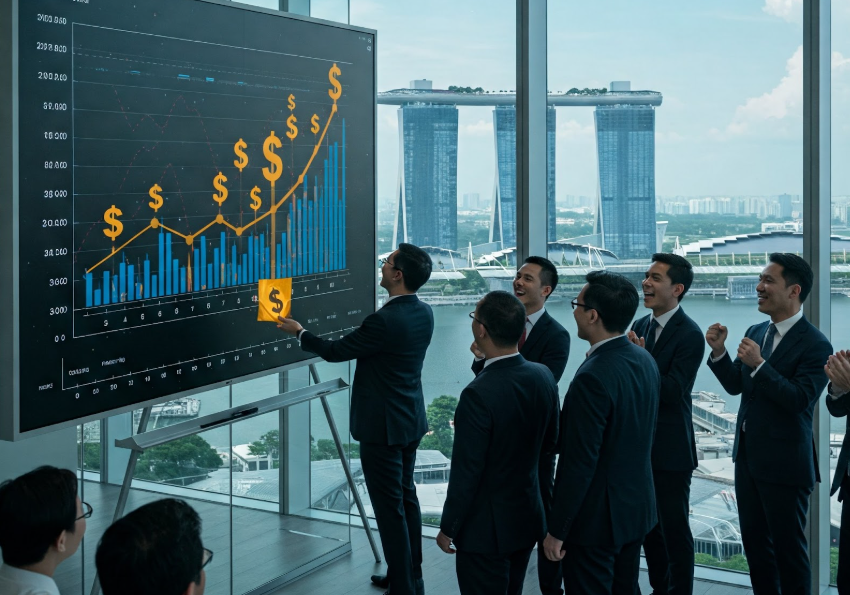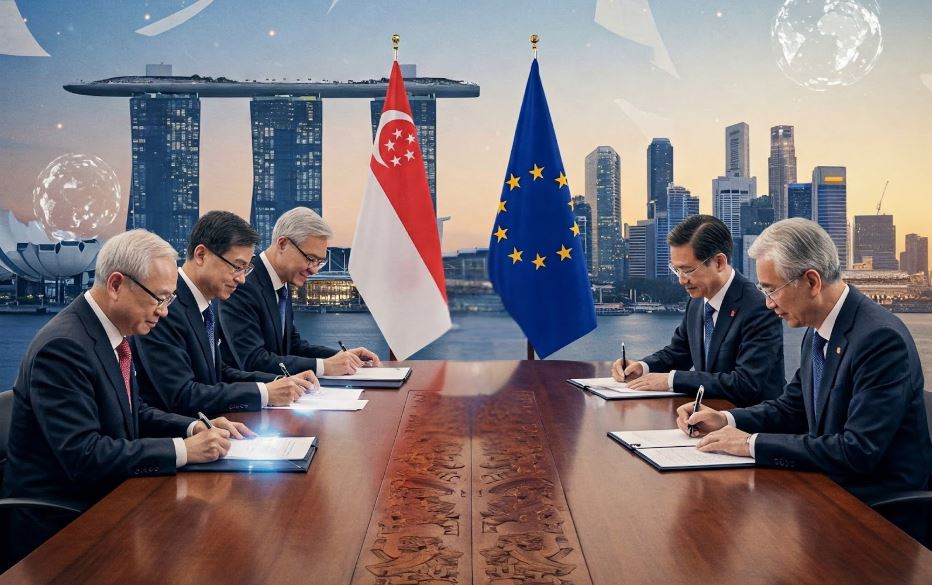Singapore holds top spot in ASEAN for stability and earnings

Singapore has been ranked the most stable and resilient market in ASEAN, offering a relatively secure environment for business growth and investment amid regional headwinds. According to a new strategy report by CGS International, the city-state outperformed regional peers such as Malaysia, Thailand and Indonesia across multiple key metrics, including earnings growth, currency and political stability, market valuations and dividend yield.
The report projects earnings per share (EPS) growth for Singapore at a modest but positive 1% to 2% for 2025. This contrasts sharply with neighboring markets, many of which are facing economic contractions and declining earnings expectations. Despite a cautious macroeconomic outlook, Singapore’s economic fundamentals are expected to hold steady, particularly in capital goods and internet services.
Although concerns remain over the performance of Singapore’s heavyweight banking sector, which contributes around 50% to the MSCI Singapore Index, CGS International analysts emphasized that downside risks are contained. They warned that, in a worst-case scenario, EPS could face a 6% to 7% downward revision in 2025 if loan growth slows to levels seen during the Global Financial Crisis and if wealth management fees decline by 20% year-over-year. However, the overall market is still expected to achieve low but positive growth, underpinned by resilient sectors with growing demand.
Market valuations remain attractive for investors. The Singapore market is currently trading at 12.27 times its 2025 forward earnings, combined with a robust dividend yield of 5.1% and a return on equity of 12.1%. These figures appeal to large institutional players and small and medium enterprises (SMEs) seeking a stable financial ecosystem to support their expansion or entry into the region. By comparison, the Straits Times Index has shown stronger resistance to market pressure, declining 10.4% year-to-date, while Thailand and Indonesia have experienced sharper drops of 19.1% and 16.7%, respectively.
Several Singapore-listed companies were identified as potentially undervalued, offering “bounce back” opportunities for investors. Among them is Genting Singapore, which is currently trading at valuation troughs not seen since the pandemic. The company’s strong cash reserves and the planned opening of new attractions in the second half of 2025 are seen as promising catalysts for recovery. Another example is City Developments, where improved corporate governance and renewed buyer interest have positioned the firm as a watchlist stock. Others, such as Keppel DC REIT, UOB, DBS and SATS Ltd., were also noteworthy, highlighting the breadth of opportunities available in Singapore’s dynamic and resilient market.



